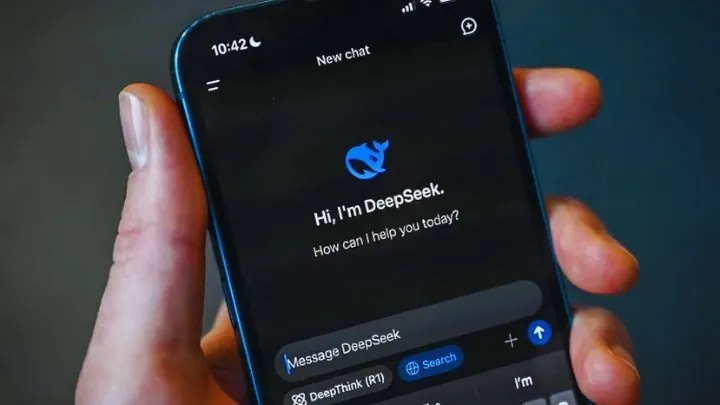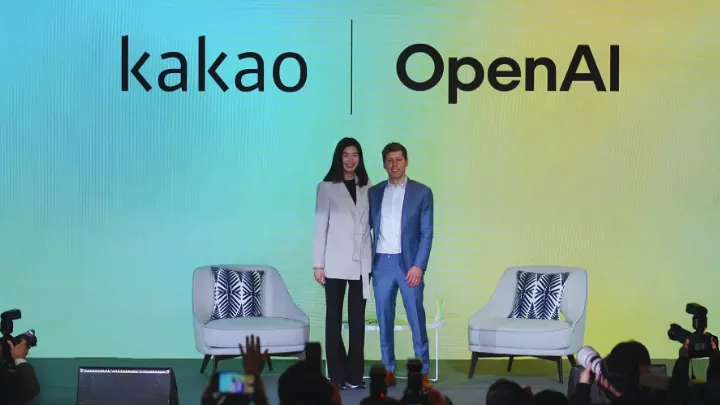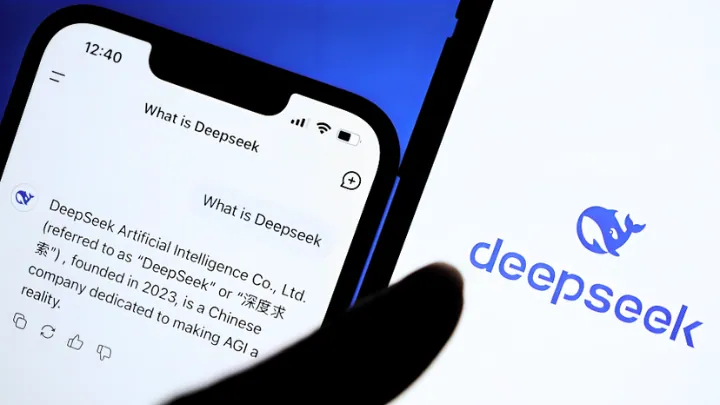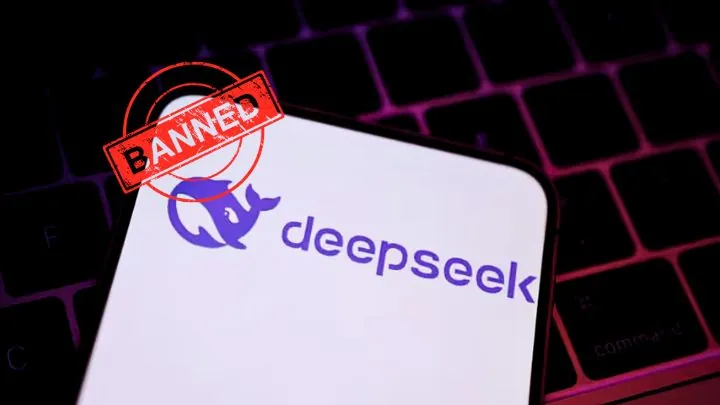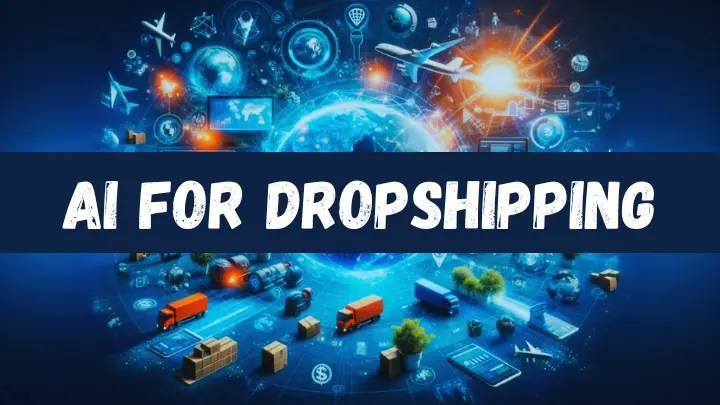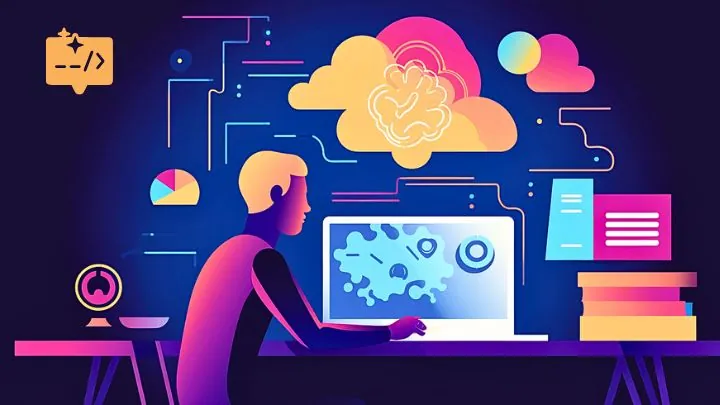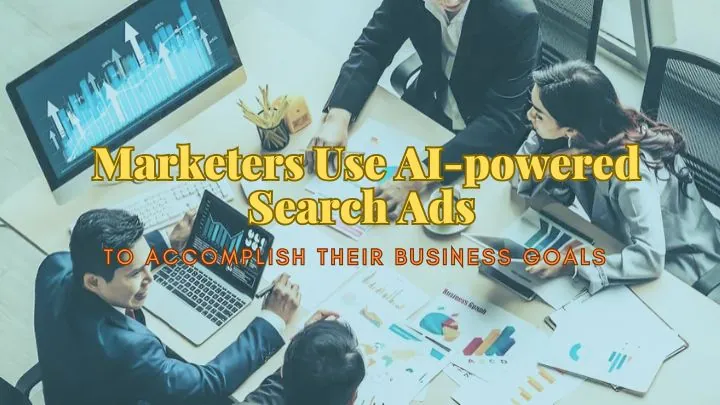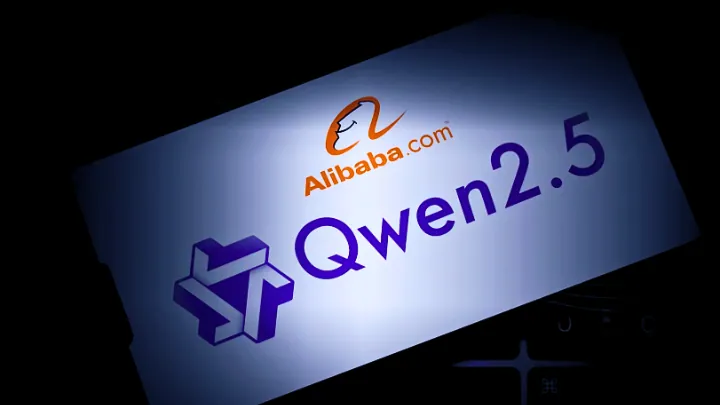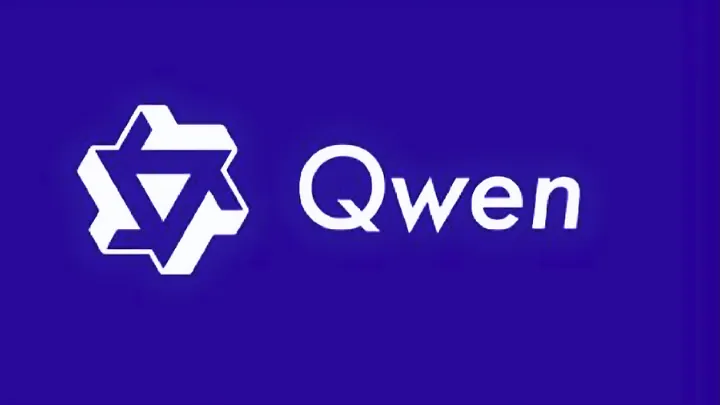Large Language Models (LLMs) like OpenAI’s ChatGPT are becoming more affordable and easier to access thanks to rapid advancements in AI technology.
Just last week, a Chinese AI company introduced DeepSeek R1, an open-source model that competes with OpenAI’s o1 in both cost and performance.
This launch had a massive impact on Nvidia, causing the company’s market value to drop by nearly $600 billion, the biggest single-day loss in U.S. history.
Investors worry that as open-source AI models become more popular, the demand for Nvidia’s powerful GPUs, which are essential for AI training, could decline.
Tech experts are now shifting their focus from LLMs to AI agents, which could further reduce the value of traditional language models.
Hugging Face co-founder Thomas Wolf predicts that AI models will soon be integrated into smart systems that connect directly to company databases.

He compares this shift to how the internet evolved, from just building websites to creating internet-based companies.
Similarly, AI is moving from standalone chat models to specialized tools designed for specific tasks.
The rise of DeepSeek R1 is reinforcing this idea among tech leaders, making them believe that LLMs are becoming common and less unique.
One reason DeepSeek R1 stands out is its unique way of processing data. It uses a mixed-precision framework, switching between high-precision 32-bit floating point (FP32) and low-precision 8-bit floating point (FP8) when needed.
This approach helps maintain accuracy while improving efficiency. Microsoft CEO Satya Nadella also believes that AI is becoming a commodity, just like DeepSeek’s new model.
The CEO of Appian agrees, saying that as more companies develop similar AI models, early adopters who spend a lot on AI might lose their competitive edge.
For the past two years, AI models like ChatGPT have powered apps that respond to user commands.
But now, AI agents are emerging as a smarter alternative. Unlike LLM-powered apps that wait for user input, AI agents can take action on their own.
For example, if you ask ChatGPT to find a nearby doctor, it will give you a list of options.
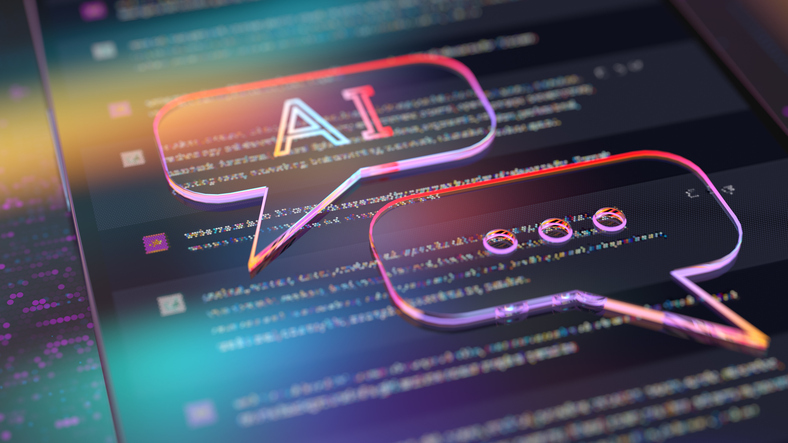
In contrast, future AI agents could not only find a doctor but also check available appointment slots and book one for you automatically.
Arthur Mensch, CEO of Mistral, believes that future AI systems should combine language models with business data to offer smarter solutions.
Many companies are already integrating AI into their systems to improve efficiency. OpenAI has introduced an AI agent called Operator, and Anthropic, an Amazon-backed AI startup, launched its own agent last year.
These developments show that AI is moving away from simple chatbots and toward fully automated AI agents that can handle complex tasks with minimal user effort.
